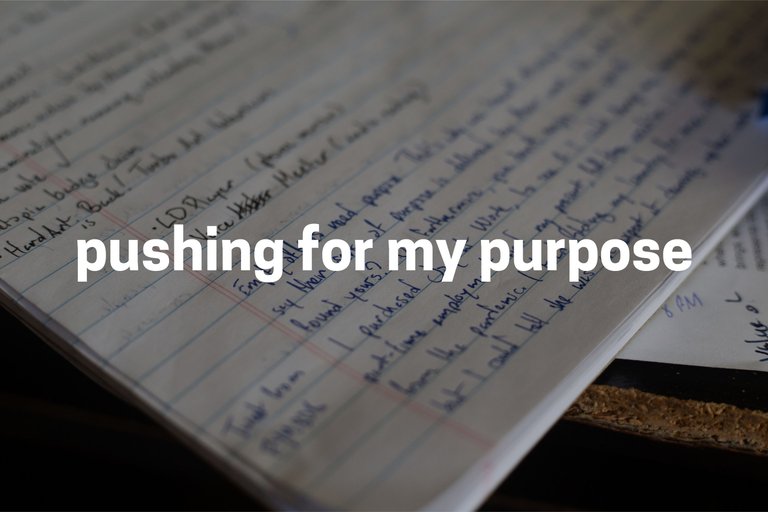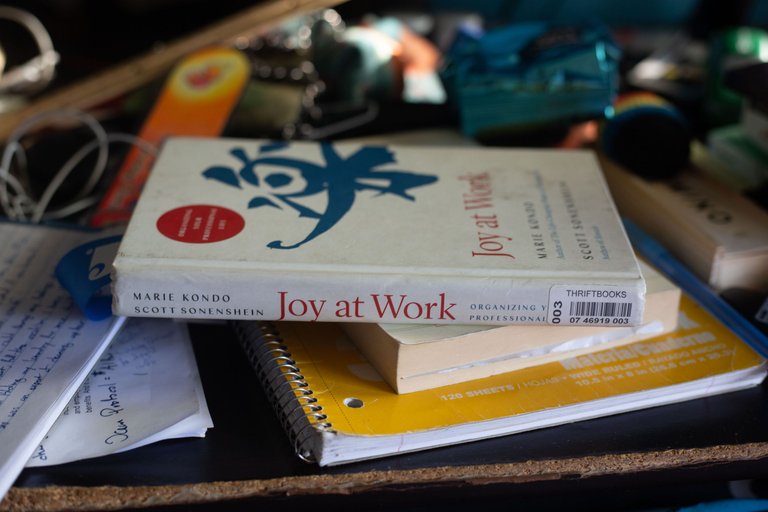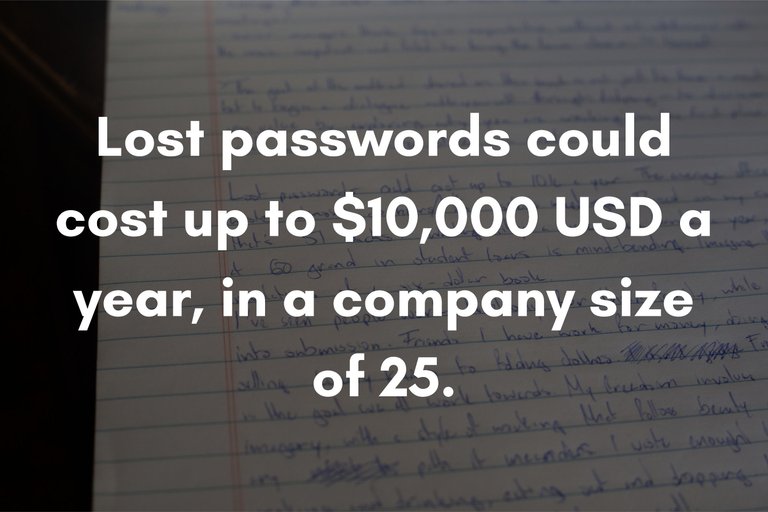Rediscovering Purpose: Tidying Up for a Productive and Creative Life

Empty offices need purpose. That's why we haven't returned to them. More than two-thirds of those surveyed say their sense of purpose is defined by their work. Yet, what if you haven't found yours? Or furthermore, you don't enjoy what you do?
I purchased Joy at Work, to see if I could change my feelings about my part-time employment and my present, full-time vocation. I first learned of Marie Kondo since the pandemic. I tried folding my laundry for once. Her folds took patience, but I could tell she was an expert at cleaning up her work.
The logic followed that her book might help me organize further. Barry Schwartz helped with the choices. James Clear held down the habits. Could Kondo help me clean? Her first chapter sounded awful familiar.
"Tidying up could help you find purpose."
It made sense. What do I accomplish with so many distractions and clutter, leaves of notebook paper, unopened bills, and vintage magazines bending in leaning stacks?

What would offices and a commute taxed by traffic accomplish? People are more or less as productive at home, minus the carbon footprint. Do tidying up and empty offices both need a purpose?
Maybe the recurrent theme is: I do.
I want to create. To write, to photograph, to edit, to compose- I think I live my life "to see". These empty, glass stables for the corporate racehorse, do they have a purpose too? I'd hope the office would mean trial and error with your passion, long hours of hard work, building value and connections. I suppose there isn't one place to accomplish that- offices just seem to not work without people.
Perhaps they could be, as their old occupants stay home- new, aspiring breeds co-work in those stables, trotting up teach other to talk shop. It's reminiscent of WeWork's approach to unused space.
I need see more pictures of these spaces. I need see a cleaner space of my own. I see things to make: space, for room to create.

Joy at Work
Lost passwords could cost up to 10k USD a year, according to Kondo. The loss in productivity from lost passwords makes those manager tools sound pretty helpful right about now.
The average office worker wastes almost 3 hours a week in meetings. Many senior managers recognize this, calling meetings ineffective and inefficient. Based on my current wage earnings, that's 51 bucks.
Wasting 50 a week, ten bands ($10,000 USD) a year, while I stare at 60 grand ($60,000 USD) in student loans is mind-bending. Imagine the priceless revelations from a book that only cost me 6 bucks.
I've seen people work tirelessly for their family, while forcing their dreams into submission. Friends I have, work for money, doing anything from selling luxury knives to folding clothes. My freedom involves a liberty to create imagery, with a style of working that follows beauty and inspiration down any path it meanders. I waste enough time and money as it is, smoking and drinking, eating out and shopping. I don't need a cluttered workspace taxing my pockets too.
Well, you are right. What is the essence of having a workplace that will also be demanding so high from your pocket...
Nice write up!
Thank you!
Exactly my sentiment— and financial costs aren’t the only cost to suffer. Emotional, physical, you pay either.
Congratulations @thatkidsblack! You have completed the following achievement on the Hive blockchain And have been rewarded with New badge(s)
Your next target is to reach 50000 upvotes.
You can view your badges on your board and compare yourself to others in the Ranking
If you no longer want to receive notifications, reply to this comment with the word
STOPCheck out our last posts: